Fear-Free Dental Sedation
If you’re someone who puts off going to the dentist due to anxiety, you’re not alone! Many of the patients we treat at Luxe do so because of past bad experiences at the dentist, or the need for complex dental work. Our highly-trained specialists have experience treating dental patients requiring sedation or anesthesia, including those with special needs. We’ll will work with you to develop the best plan for your specific needs.
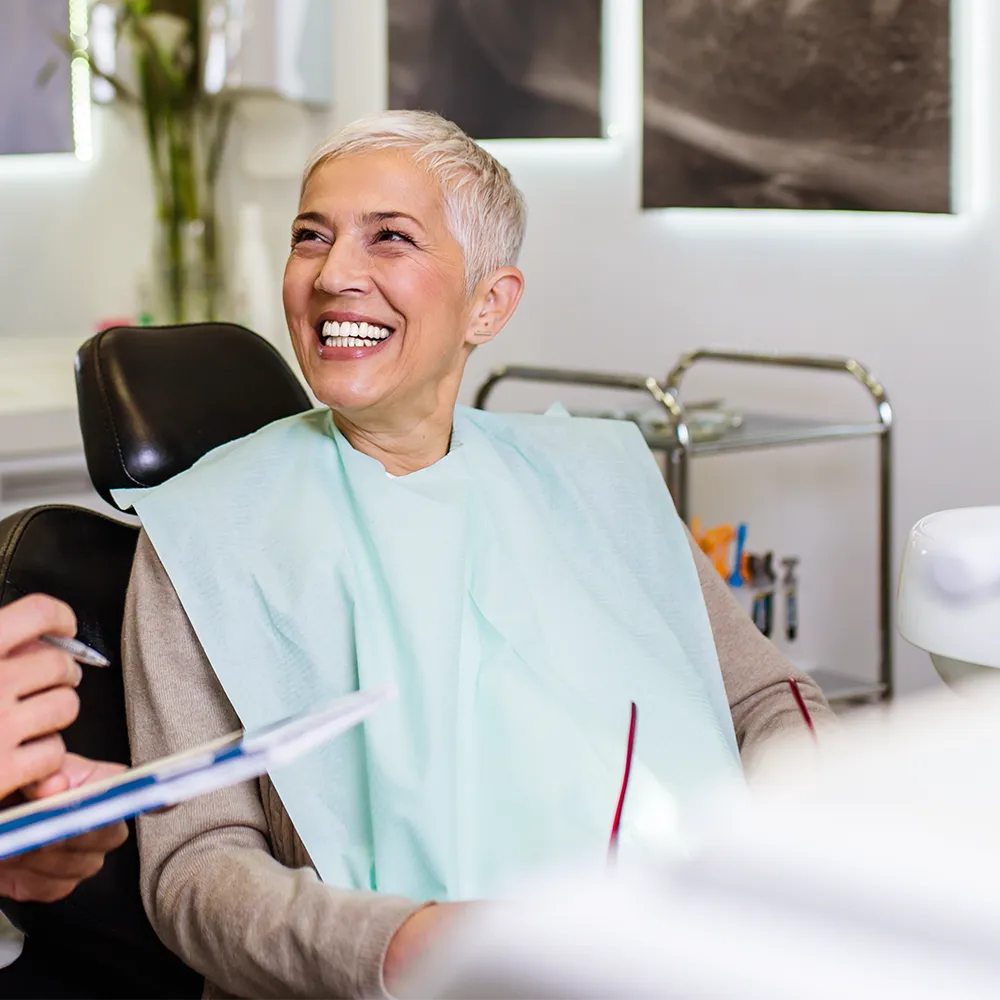
Luxe Anesthesia delivers the same high quality anesthesia care that one would experience in a hospital based setting. We carefully craft an anesthesia plan, wherein we assess your health history to determine your ASA status and address any safety concerns to decide which level of anesthesia will best suit your needs. When preparing for your procedure, you’ll sit comfortably in a typical dentist’s chair while an IV is placed. The IV is used to administer medications that help make you more comfortable during the procedure.
At the end of the procedure, administration of the anesthesia is stopped, and you will remain at the office as the anesthesia wears off. Patients often remain at the office for monitoring for 30-40min after the surgery before being discharged home. Since sedation and anesthesia impair your ability to operate a vehicle, we require you to arrange transportation to and from your appointment.
Minimal Sedation Anxiolysis | Moderate Sedation/ Analgesia (“Conscious Sedation”) | Deep Sedation/ Analgesia | General Anesthesia | |
|---|---|---|---|---|
Responsiveness | Normal response to verbal stimulation | Purposeful** response to verbal or tactile stimulation | Purposeful** response following repeated or painful stimulation | Unarousable even with painful stimulus |
** Reflex withdrawal from a painful stimulus is NOT considered a purposeful response.
Source: ASAHQ.ORG
This is a great question. When office based anesthesia is administered by a highly trained anesthesia provider such as a board certified Dentist Anesthesiologist, office based anesthesia is very safe. In fact, for healthy patients, anesthesia is safer than anytime you are riding in a motor vehicle, which is something we all do every day. Some patients are not appropriate candidates for office based anesthesia; your anesthesiologist will determine if you are an acceptable candidate for office based anesthesia. Our anesthesiologists are; licensed, permitted, regulated, inspected, and in compliance with all rules and regulations by the dental board to provide safe office based anesthesia. Office based anesthesia in a dental office is endorsed by the American Academy of Pediatric Dentistry (AAPD) as well as by the American Dental Association (ADA)
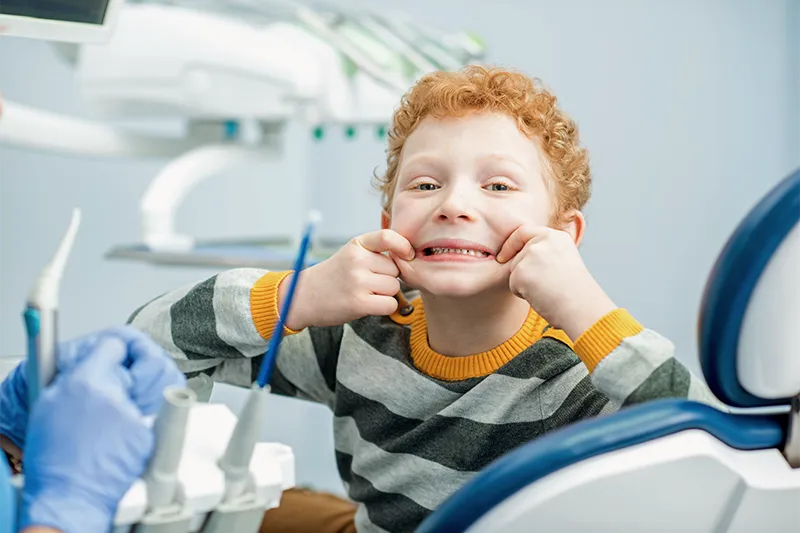
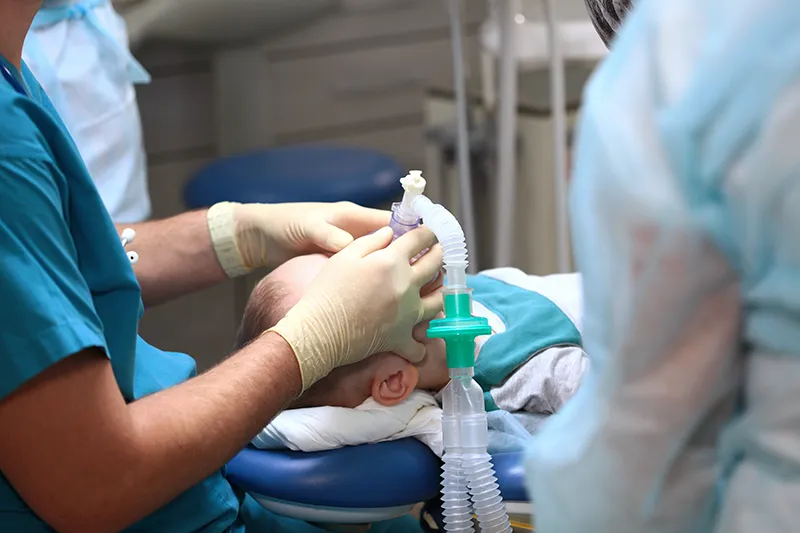
A Dentist Anesthesiologist is a dental specialist who has received the highest level of anesthesia training in the field of dentistry. They have completed a 3-year post-doctoral residency in the field of anesthesiology. Their training is also unique to other anesthesia providers because of the robust training and experience in delivering safe office based anesthesia care for pediatric patients, patients living with special needs, and elderly patients in a dental office setting.
We offer the full spectrum of anesthesia services ranging from moderate sedation, deep sedation, and general anesthesia. The anesthesiologist will determine the appropriate level of anesthesia and will develop a unique plan to safely care for you/your child.
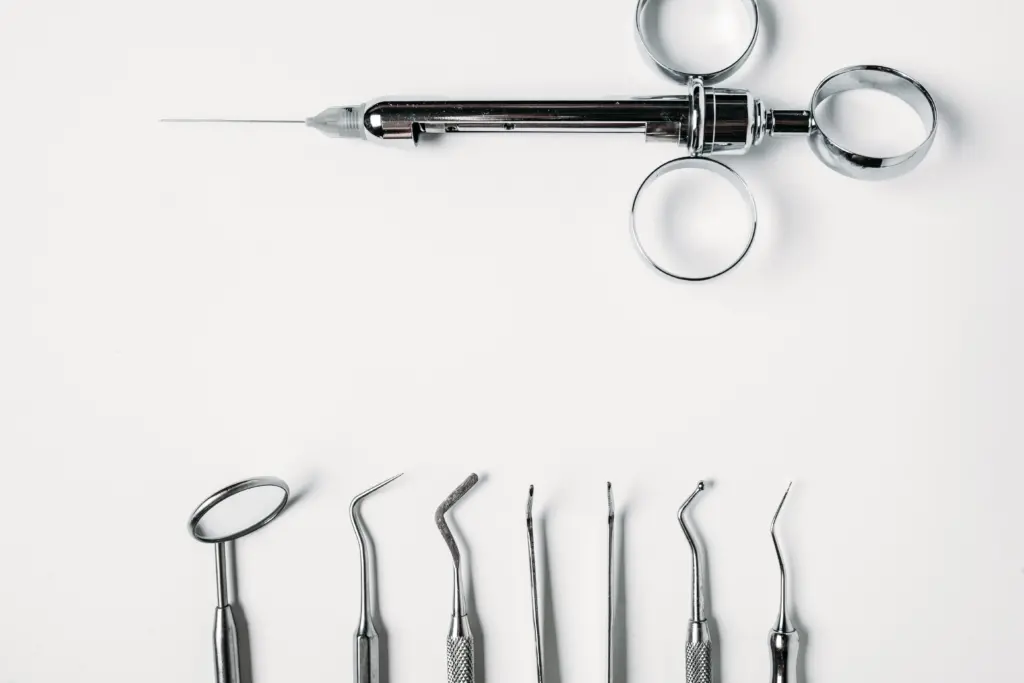
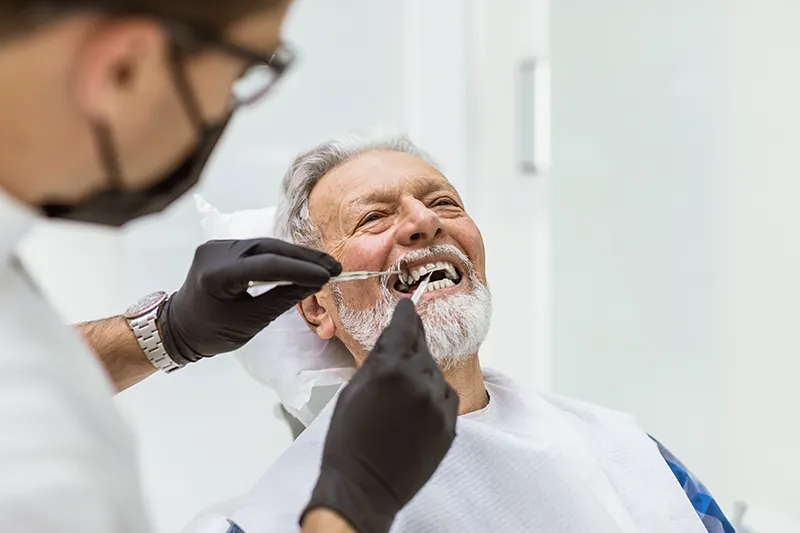
Not all dental patients require anesthesia. Anesthesia during a dental appointment will greatly lessen the discomfort, trauma, and emotional stress that many patients experience during either routine or complex procedures. Patients who are unable to tolerate dental care are able to have their needs taken care of with the help of anesthesia. Those patients who have longer treatment appointments or those who would like to have anesthesia for their comfort are also potential candidates. Anesthesia can benefit many patients with a variety of needs.
Your anesthesiologist will provide hospital level care and monitoring. You will be monitored continuously with highly sophisticated and modern equipment. Blood pressure, pulse oximetry, EKG, capnography, temperature, and gas analysis are all used to provide safe care.
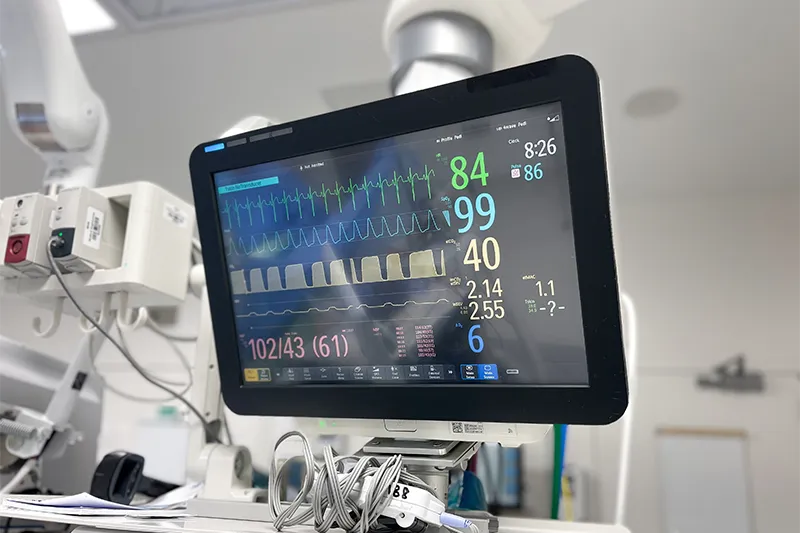
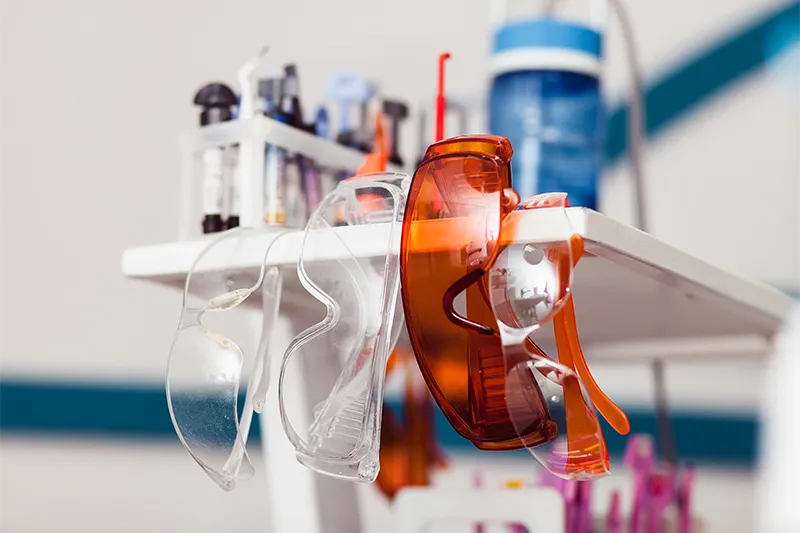
It is very important to follow the fasting instructions closely in order to provide safe care. An empty stomach is required to avoid potential aspiration of gastric contents and food particles. Pulmonary aspiration of gastric contents with food particles can result in life threatening lung damage and pneumonia.
We are an out-of-network provider. We will advocate on your behalf and assist you with claim forms upon request that you can independently submit to your insurance carrier for reimbursement. Reimbursement from your insurance carrier is dependent on your coverage type, deductible, and policy terms.
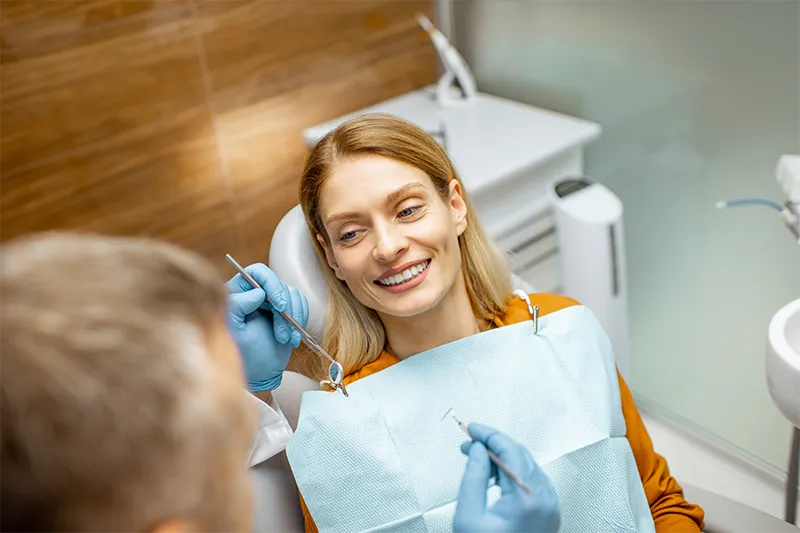
Meet the Doctor
Dr. Benjamin Pritts is a Board-Certified Diplomate of the American Dental Board of Anesthesiology. This credentialing is the highest level of anesthesia training that can be achieved in dentistry.